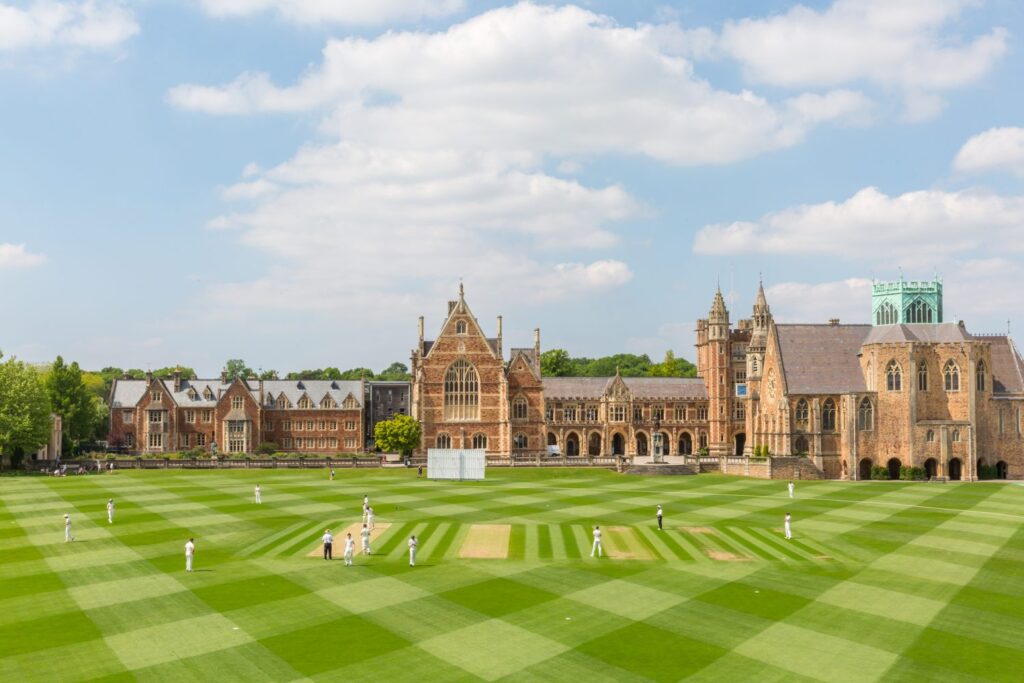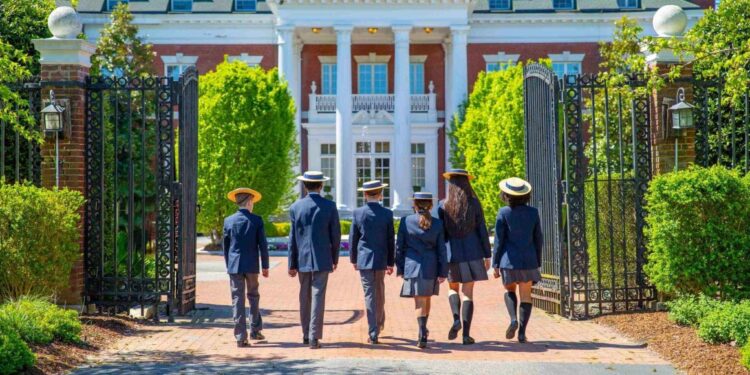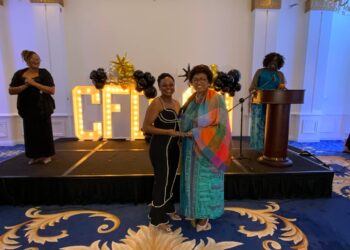To put these fees into context, let me start with this. Charterhouse School, Lagos, the first of two British Public Schools currently investing heavily in Nigeria and will commence operations here in Lagos this September, is being built on 70 hectares of land in the Lekki area at a mind boggling cost of $150 million! Expansive land, adequate to accommodate world class facilities would only be following in the typical British Public School tradition. Charterhouse School Lagos at completion will boast of the following:
- a world class indoor sports centre
- Dining Hall
- a 257-seat Lecture Theatre
- a Medical Centre
- a Central Administration Building
- Teachers’ Apartments
- Boys’ and Girls’ boarding houses, • a 400m athletics track
- a standard football pitch
- a dance studio
- an indoor NBA standard basketball arena
- an 800-seat performing arts theatre
- an Olympic size swimming pool
- a 3-storey library

The oldest public school in the United Kingdom, founded by St. Augustine of Canterbury, a founder of the English Church, began as a medieval cathedral school. King’s School Canterbury was established in 597 AD, making it 1,428 years old! And making Oxford University, the oldest university in the UK which started teaching students in 1096, seem relatively infant. King’s Canterbury, as it is more commonly called is generally regarded as the world’s oldest surviving school. However, it was not until 1541 that King Henry VIII formally founded the school, hence the name, King’s School. King’s, which was established by Royal Charter commenced with just 50 scholars. It now has an enrollment of over 800 pupils.

Then we have the likes of Eton College, Harrow School and Winchester College which were established in 1440, 1572 and 1382 respectively and which have produced 29 British Prime Ministers between them. Eton College, arguably the most famous boarding school in the world has produced a staggering 20 Prime Ministers; Harrow 7 and Winchester 2. They include some of the country’s most recent Prime Ministers too – David Cameron and Boris Johnson (Eton) and Rishi Sunak (Winchester). My Alma Mater, Shiplake College, which is just 66 years old is positively a spring chicken in comparison.
Anyway, going back in history, Harrow School produced perhaps the most famous British Prime Minister, Winston Churchill. And in more recent times, produced the current captain of the England Rugby Team, Maro Itoje, a British Nigerian of Urhobo extraction.But these schools which currently charge as high as £60k per annum as school fees (Eton is £63k) are not favourites of the British aristocracy only. For decades, they have counted many children of the world’s elite, including countless foreign royal families, businessmen and celebrities amongst their pupils, and Nigeria certainly has not been left out. Amongst Eton College’s alumni will be found Tokunbo Akintola, son of Ladoke Akintola, the late Premier of the Western Region. He was Eton’s first black student. The list of male and female Nigerians who attended British public schools is endless.
So why are these prestigious and remarkably expensive schools called public schools? Afterall, public schools should either be free or highly subsidised by the government, making them affordable for the general public. Well, it may interest you to learn that ‘public’ in this instance has nothing to do with subventions or affordability even though it does have something to do with the public. Nearly all British public schools were established to give free admission to children from the school’s immediate locality. As you might have guessed, more often than not, the pupils were from low income families. A majority of these schools were founded by the Christian Church and their teachers were mostly clergymen. In many cases, the building and extensive land used to commence the school was bequeathed by a wealthy landowner who left an instruction in his will that his home be converted into a school for the disadvantaged in that community. A good number of these schools will proudly tell you that the original school building still stands and remains fully functional. However, as time passed and the schools wanted to expand, provide better facilities and sometimes even just to remain in existence, they resorted to charging school fees. Admission to the school was therefore made available to any member of the public who could afford to pay the fees, no matter which part of the country they were from. Hence the term, ‘Public School’. It was the first time that pupils who were not from that immediate locality could be given admission.

‘Is a British public (Independent) school therefore not just a private school, you may ask?’ Well, there is a slight distinction. A public (Independent) school actually operates independent of government which means that in addition to charging fees, they are at liberty to set their own curriculum, which they do. A private school on the other hand is simply a school that charges fees. So there you have it.
Celebrated for educating ‘the whole man’ which means nurturing individual talent, ability and building self confidence, while still inculcating vigorous team spirit and instilling leadership qualities; ingraining society focused values while at the same time, imprinting on every child’s consciousness, the sense of duty which must accompany the privilege which their position in society bestows upon them; British public schools generally boast of excellent facilities, paying almost equal attention to sports, theater arts and numerous other co-curricular activities as they do to academics; with the understanding that character is in no way synonymous with academic brilliance. In order to produce well rounded character, you must educate the whole man.
Currently there are over 620,000 pupils enrolled at over 2500 public schools, also known as Independent Schools across Britain. This is slightly less than 20% of the total number of pupils attending government funded secondary schools which stands at 3.4 million.
I will end with this rather apt quote credited to the Duke of Wellington, the highly revered army General who famously defeated Napoleon at the Battle of Waterloo. On winning the hard fought battle, Wellington an old Etonian uttered, “The battles were won on the fields of Eton” which simply implied that “the skills and discipline needed to win battles were developed during the rigorous sports and games played at Eton College” which suggests that the foundation for his military success was actually laid at Eton’s playing fields.” Perhaps they were.



















































































 EduTimes Africa, a product of Education Times Africa, is a magazine publication that aims to lend its support to close the yawning gap in Africa's educational development.
EduTimes Africa, a product of Education Times Africa, is a magazine publication that aims to lend its support to close the yawning gap in Africa's educational development.